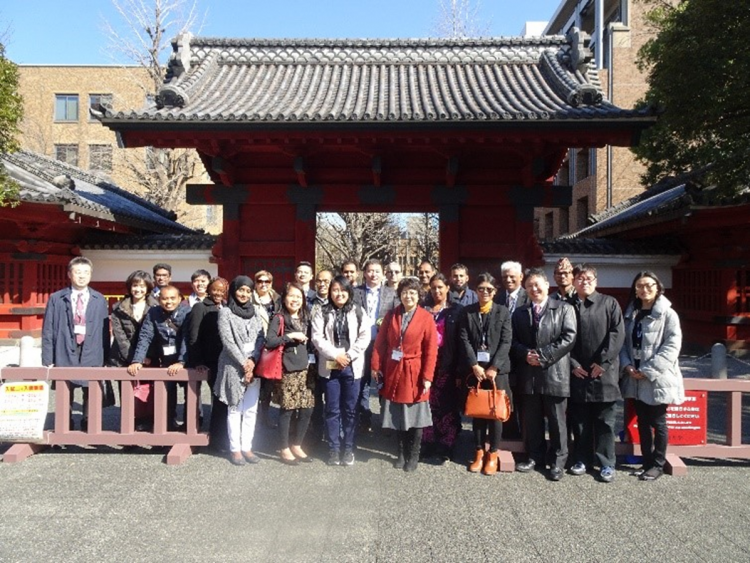In January 2018, under the framework of an ongoing regional technical cooperation project[1], the IAEA launched an ambitious initiative to inspire a new generation of nuclear scientists and engineers, aiming to engage students at an early age and catalyze their interest in nuclear science and technology. In support of this initiative, the first training course took place in Indonesia in April 2018 and was followed by a second course at the Argonne National Laboratory. Last month, The University of Tokyo (UTokyo), supported by the Japan Atomic Energy Agency (JAEA), hosted the third IAEA Train-the-Trainers Workshop for secondary school teachers, which showcased and shared best practices, policies and methods to educate their pupils in nuclear science.
The goal is to reach one million students in Asia and the Pacific by 2021, through its TC programme, sensitizing them to the developmental benefits of nuclear science and technology. The initiative—the first time that the Agency has formally engaged with the secondary education teaching community—is being organized around seven training courses, each designed to provide teachers with the scholastic tools and methods needed to teach young students about nuclear applications.
From 18 February to 1 March 2019, 16 educators from 13 countries in the Asia and the Pacific region joined IAEA and JAEA counterparts on the campus of The University of Tokyo to explore how best to infuse nuclear-related subjects into their science curriculums.
"Cooperation among expert, pilot and newcomer countries of the [technical cooperation project] is really important to sustain our activities for a long time. The combination of sharing and providing feedback will be the key," said Professor Iimoto Takashi, Division for Environment, Heath and Safety at The University of Tokyo, and director of the Train-the-Trainers Course. “If teachers enjoy it, then students will enjoy it," he continued.






